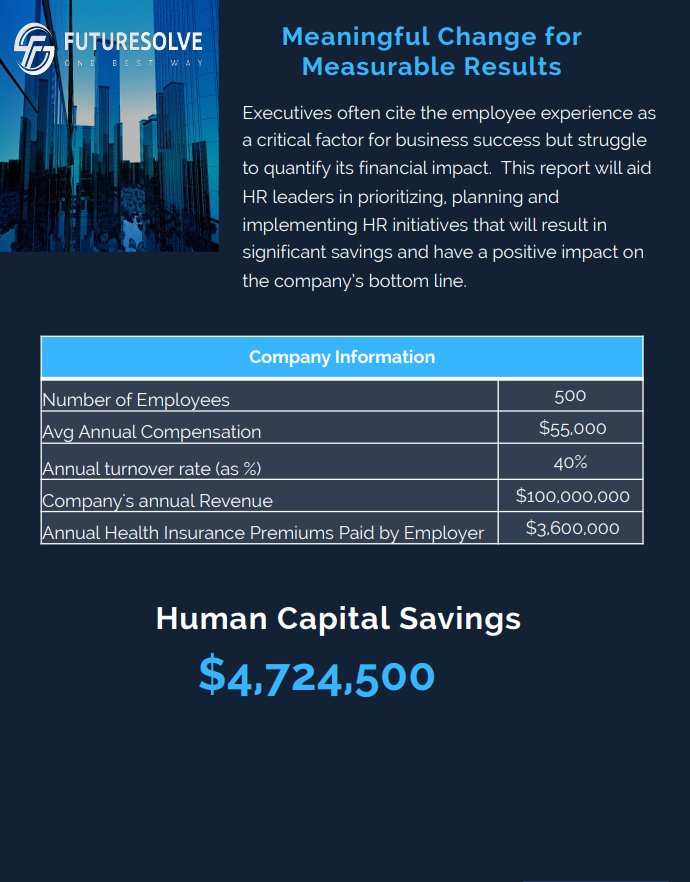Introduction
In today’s rapidly evolving corporate landscape, businesses often face challenges that demand swift and effective solutions. One such challenge is the need for competent leadership in the realm of human resources. This is where the role of an interim Chief People Officer (CPO) comes into play. In this article, we will delve into what an interim CPO is, why organizations hire them, and the impact they can have on a company’s success.
Defining the Interim Chief People Officer
A Chief People Officer, also known as a Chief Human Resources Officer (CHRO) in some organizations, is a high-level executive responsible for overseeing all aspects of an organization’s human resources functions. Their primary focus is on the management and development of the company’s workforce to drive business goals. However, an interim CPO is a temporary executive brought in to fulfill the duties of a CPO for a specific duration, often during times of transition, change, or crisis.
Why Organizations Hire Interim CPOs
- Leadership Gaps: Organizations may find themselves in situations where they lack a permanent CPO due to resignations, retirements, or extended leave. Hiring an interim CPO allows them to maintain HR leadership and continuity during this transition period.
- Crisis Management: In times of crisis or restructuring, such as mergers, acquisitions, or downsizing, organizations may need an experienced leader to guide HR strategies. Interim CPOs bring a wealth of experience and can help navigate these challenging times.
- Strategic Initiatives: When embarking on new HR-related projects, organizations may need an interim CPO to provide specialized expertise and leadership. This could include launching diversity and inclusion programs, talent acquisition strategies, or revamping employee engagement initiatives.
- Objective Assessment: An interim CPO can provide an unbiased assessment of the existing HR department, policies, and practices. This helps identify areas for improvement and implement necessary changes.
Key Responsibilities of an Interim CPO
- Strategic Planning: Interim CPOs collaborate with the executive team to align HR strategies with the overall business goals and objectives. They develop and execute HR strategies that promote talent development, retention, and organizational growth.
- Talent Management: They oversee talent acquisition, employee development, performance management, and succession planning to ensure the organization has the right people in the right roles.
- Culture and Employee Engagement: Interim CPOs play a crucial role in shaping the company culture and ensuring a positive and engaging work environment. They often lead efforts to improve employee morale and productivity.
- Compliance and Risk Management: Interim CPOs are responsible for ensuring HR practices comply with labor laws, regulations, and industry standards. They also manage HR-related risks and address any legal issues.
- Change Management: In times of transition or crisis, interim CPOs excel at change management. They help employees adapt to new processes, technologies, and organizational structures.
Impact of an Interim CPO
The impact of hiring an interim CPO can be significant:
- Stability and Continuity: They provide stability during leadership transitions, ensuring HR functions continue to run smoothly.
- Efficiency and Effectiveness: Interim CPOs can identify and implement improvements in HR processes and practices, enhancing the efficiency and effectiveness of the HR department.
- Strategic Alignment: They align HR strategies with business goals, which can lead to improved employee performance, engagement, and ultimately, bottom-line results.
- Conflict Resolution: Interim CPOs are skilled at managing HR-related conflicts and mitigating potential risks, protecting the organization’s reputation.
Conclusion
In today’s dynamic business world, organizations recognize the value of having a seasoned leader in their HR department, even if it’s only for a limited time. Interim Chief People Officers bring a wealth of experience, strategic thinking, and crisis management skills to the table, making them an invaluable resource during times of change and transition. Their impact on the organization can be transformational, leading to a more efficient, engaged, and successful workforce.





























